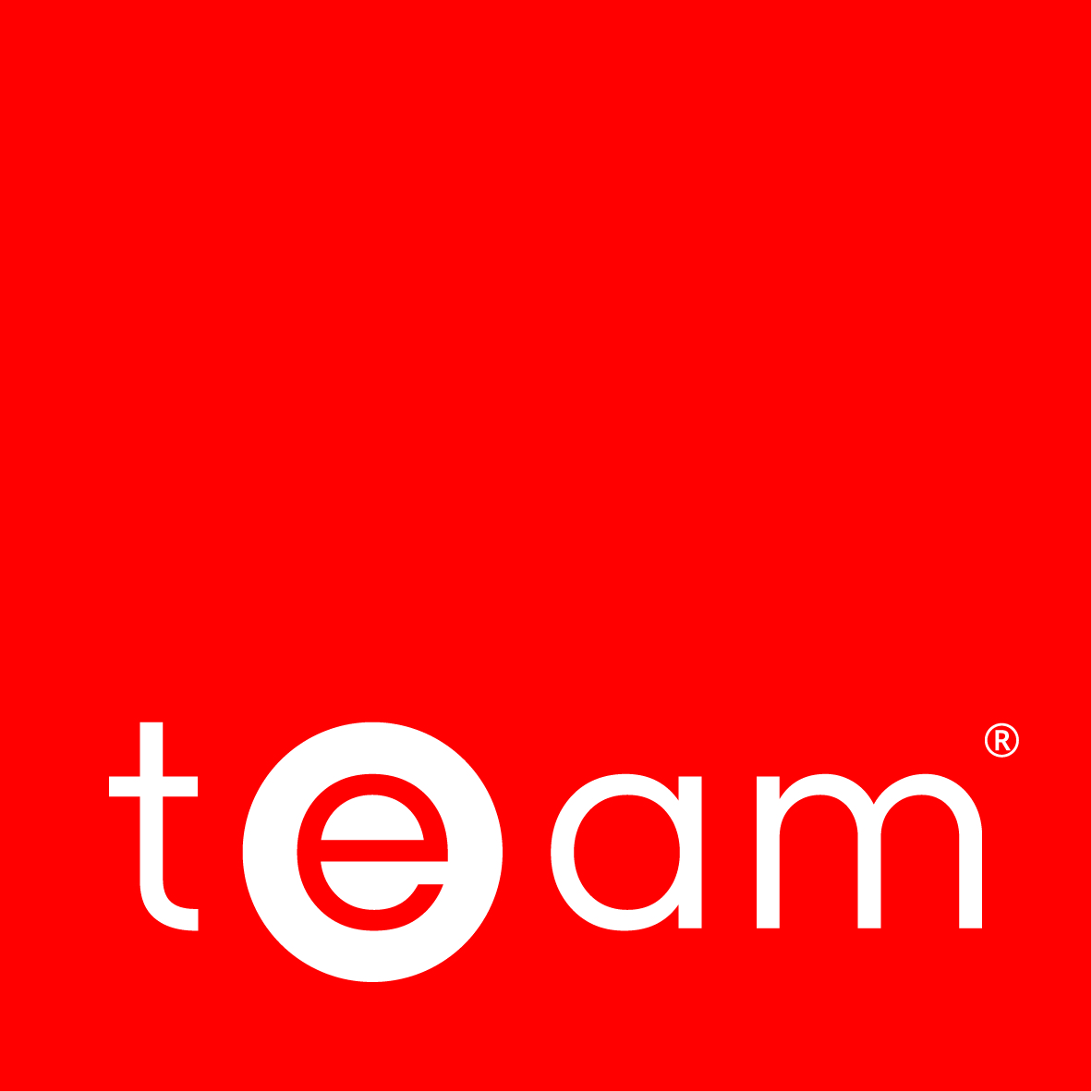Embedding a good energy management strategy brings many benefits to organisations.
Setting sustainability targets and controlling consumption reduces costs, lowers your carbon emissions, supports operational excellence, and promotes positive green credentials.
In the last edition of the Energy Management series, we looked at how to make effective and proactive use of your energy data. In this blog, we look at mandatory and proactive reporting requirements that require clear presentation of this data.
So, what are these reporting requirements?
There are many pieces of energy legislation that apply to different types of organisation and have different methodologies. Many of the current legislation and reporting schemes were introduced to stimulate organisations to operate more sustainably, become more energy efficient, and contribute to reducing environmental pollution.
Although these schemes and initiatives can be often seen as a tick box exercise, they can also offer a number of benefits. They can help you to:
- Elevate your organisation as a sustainable supplier
- Improve staff retention and recruitment
- Strengthen your organisation’s green reputation
- Contribute to the UK’s net zero ambition
So, what are the different pieces of legislation that apply to you and how do you ensure successful compliance?
Let us start with the Energy Performance in Buildings Regulations (EPBR) first. This legislation consolidates the following compliance regulations and applies to:
Energy Performance Certificate (EPC)
An EPC gives a building an Asset Rating (grade A to G) showing how energy efficient the building’s structure and systems are. EPCs are required when letting or selling a building, and as long as no major renovation has occurred on the building, an EPC only needs to be renewed every 10 years.
A Recommendation Report accompanies an EPC and helps inform decisions about improving the fabric or heating of the building. It acts as a ready-made business case to secure investment to improve your organisation’s premises, profile and drive down energy costs.
Display Energy Certificate (DEC)
Display Energy Certificates (DECs), are mandatory for public buildings that are frequently visited by the public above 250m2 and must be displayed for visitors to see.
A DEC provides details of the actual energy efficiency of a building and gives an Operational Rating (grade A to G) showing an at a glance picture of your last year’s CO2 emissions.
Much like EPCs, DECs must be accompanied by a valid Recommendation Report. The report is a great resource for public sector organisations as it contains recommendations for improved energy efficiency and energy performance of the building. For the lifetime of the report (10 years), organisations can refer to this to inform decisions about making physical improvements to the building or run an engagement campaign to motivate staff to support energy saving initiatives.
Air Conditioning Inspections
Air Conditioning Inspections must be carried out for systems with an output greater than 12kW and must be completed no more than five years apart.
As part of improving efficiencies, an Air Conditioning Inspection needs to be accompanied by a report that provides information on the condition of the plant and how it is maintained.
This report also provides data on how the system operates, its design and provides recommendations to improve energy efficiency. It also identifies faults within the system which could potentially cause a breakdown or affect system efficiency.
Then there are other mandatory reporting schemes that are applicable to businesses dependant on their size and turnover:
Energy Savings Opportunity Scheme (ESOS)
ESOS is a mandatory energy assessment and energy savings identification scheme in the UK. It was set out to incentivise large UK based businesses to implement energy-saving measures and help to cut UK carbon emissions. The scheme requires the recording and reporting of energy data for buildings, transport, and industrial processes for a 12-month period every four years.
Streamlined Energy and Carbon Reporting (SECR)
SECR came into effect on 1 April 2019 and was introduced to bring the benefits of carbon and energy reporting to many more UK businesses. SECR builds on existing mandatory Greenhouse Gas emissions (GHG) reporting, the Energy Savings Opportunity Scheme (ESOS), and EU Emissions Trading System (EU ETS). It also replaces the reporting element of the closed CRC Energy Efficiency Scheme.
Approximately 11,900 businesses across the UK need to comply with SECR and report their energy consumption and carbon emissions in their annual financial report. The scheme sets out to support companies cut costs, improve productivity, and reduce carbon emissions.
Not sure if your organisation needs to comply? Take a look at our SECR guide to find out.
Then there are also incentive schemes that when you benefit from them, they have their own compliance criteria, one of them is the:
Renewable Heat Incentive (RHI)
The Renewable Heat Incentive (RHI) was introduced in 2011 to support technologies that generate heat from renewable sources. These include biomass boilers, ground, and air to water source heat pumps, solar thermal, and biogas boiler or combined heat and power (CHP) applications. For 20 years after acceptance onto the RHI, the UK Government (via Ofgem) will pay the owners of these systems for each kWh of heat generated according to a set of published tariffs. Systems must be heat metered according to carefully prescribed standards to be eligible for such payments.
The RHI scheme is due to end on the 31st of March 2021. Incentives will continue to be paid for installations completed and commissioned before this date, however subsequent. installations may not receive any form of subsidy. So, if you are in the process of installing an RHI scheme and need support to submit your application on time, get in touch with our energy consultants for some advice.
Now you know about the different legislations and schemes that might affect your organisation, you can explore how to integrate them and their outcomes into your energy management strategy. If you would like support in identifying which schemes apply to you, and support in complying, we can help. Call us on 01908 690018 or contact us.
